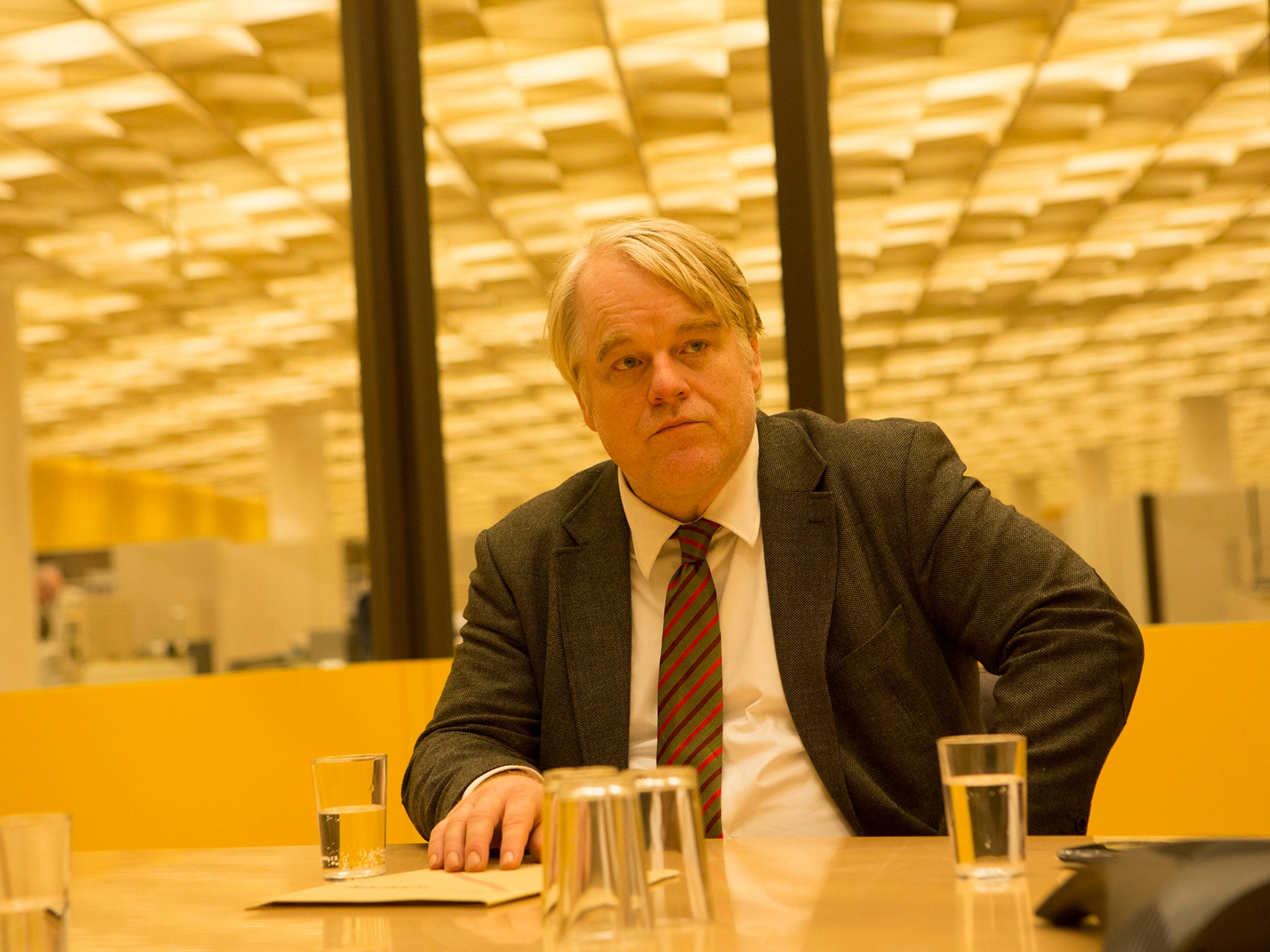The Independent's journalism is supported by our readers. When you purchase through links on our site, we may earn commission.
John Le Carre on Philip Seymour Hoffman: ‘The world was too bright for him to handle’
The author who inspired Hoffman’s posthumous film, A Most Wanted Man, pays tribute

John Le Carré has paid tribute to Philip Seymour Hoffman, ahead of the release of the actor’s posthumous film, A Most Wanted Man, which was inspired by the author’s book of the same name.
He says that it was Hoffman’s ability to take “vivid stock of everything all the time” that probably led to his untimely demise.
“It was painful and exhausting work, and probably in the end his undoing," he told the New York Times.
"The world was too bright for him to handle. He had to screw up his eyes or be dazzled to death.
“Like Chatterton, he went seven times round the moon to your one, and every time he set off, you were never sure he’d come back, which is what I believe somebody said about the German poet Hölderlin: Whenever he left the room, you were afraid you’d seen the last of him.
“And if that sounds like wisdom after the event, it isn’t. Philip was burning himself out before your eyes. Nobody could live at his pace and stay the course, and in bursts of startling intimacy he needed you to know it.
The film arrives in cinemas on 25 July. Carré says he spent just five hours, maybe six, in the company of Hoffman but says he had more impact on him than any other actor including Richard Burton and Burt Lancaster.
The actor died from an accidental overdose, having taken a toxic mix of heroin, cocaine, amphetamines and benzodiazepines. He was found on 2 February 2014 in his Manhattan apartment, aged 46. He had entered rehab in May 2013 when he relapsed, following a 23-year sobriety.
“A lot of actors act intelligent, but Philip was the real thing,” continued Carré.
“[He was] a shining, artistic polymath with an intelligence that came at you like a pair of headlights and enveloped you from the moment he grabbed your hand, put a huge arm round your neck and shoved a cheek against yours; or if the mood took him, hugged you to him like a big, pudgy schoolboy, then stood and beamed at you while he took stock of the effect.”
Join our commenting forum
Join thought-provoking conversations, follow other Independent readers and see their replies
Comments
Bookmark popover
Removed from bookmarks